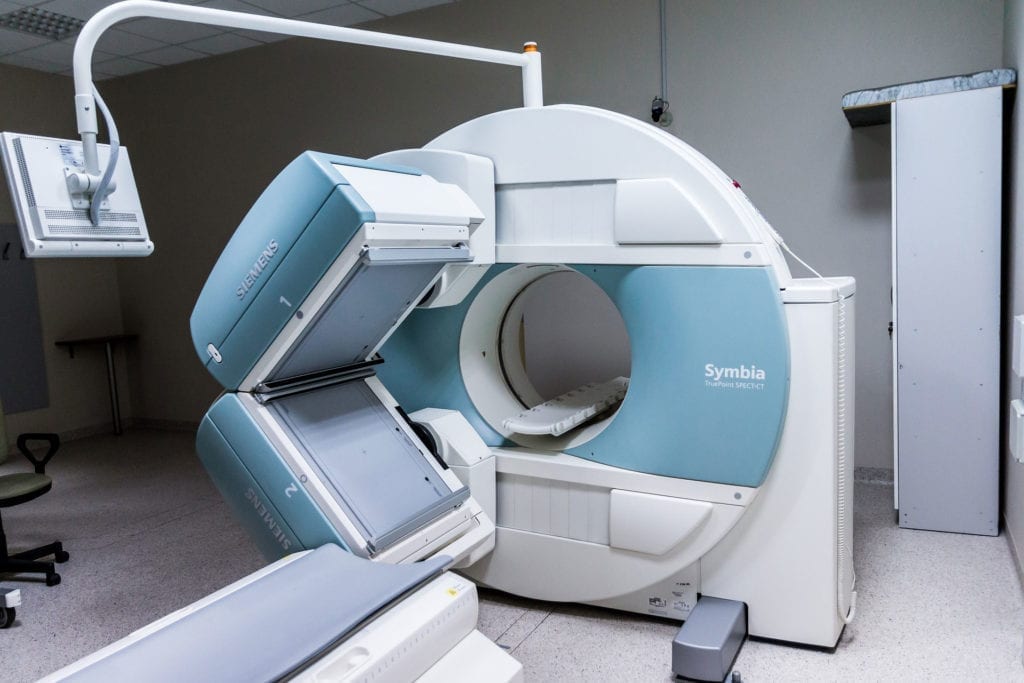PracticeUpdate recently published an article relating to a study with the primary goal of lightening the burden that many males experience regarding long-term prostate surveillance.
Active surveillance has been preferred in cases of prostate cancer classified as low-risk. It does, however, require frequent assessments, antigen tests, and biopsies accompanied by cost, anxiety, and potential risks.
Therefore, researchers set out to find a predictive tool to identify men at low risk of progression and lessen the need for surveillance. This would be of benefit to the patients and to their providers.
About the PASS Study NCT02242774
The Canary Prostate Active Surveillance Study (PASS) identified biomarkers in aggressive prostate cancer.
The study began active enrollment in July 2008 with a four-year follow-up.
Nine medical centers throughout North America collected blood samples and biopsies from 850 males who had been diagnosed with prostate cancer.
Males were eligible for enrollment with a Gleason score of one and a confirmed biopsy. The Gleason scoring system grades cancer cells on a scale of one to five, with one considered normal prostate tissue. Further requirements were that the males must be participating in active surveillance and have had a diagnosis as of 2003.
A second study was conducted at UCSF. This study included 533 patients who met the same criteria.
Males in either study were excluded if:
- they had a Gleason score of two at diagnosis or at their first surveillance biopsy
- the diagnosis had been prior to the year 2003
- treatment had begun later than six months after initial diagnosis (this also applies to a surveillance biopsy)
- if data was missing.
The researchers were satisfied with the performance of the nomograms. Prostate cancer nomograms allow a better understanding of the patient’s cancer.
However, the researchers also pointed out that there must be additional validation. This is especially true regarding diversity as there was an exceptionally low representation of nonwhite participants.
Conclusion
Ongoing studies such as PASS are evidence that based on a patient’s risk, men can be safely monitored and personalization of surveillance activity is in the near future.







